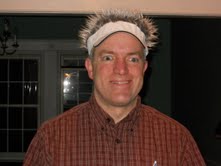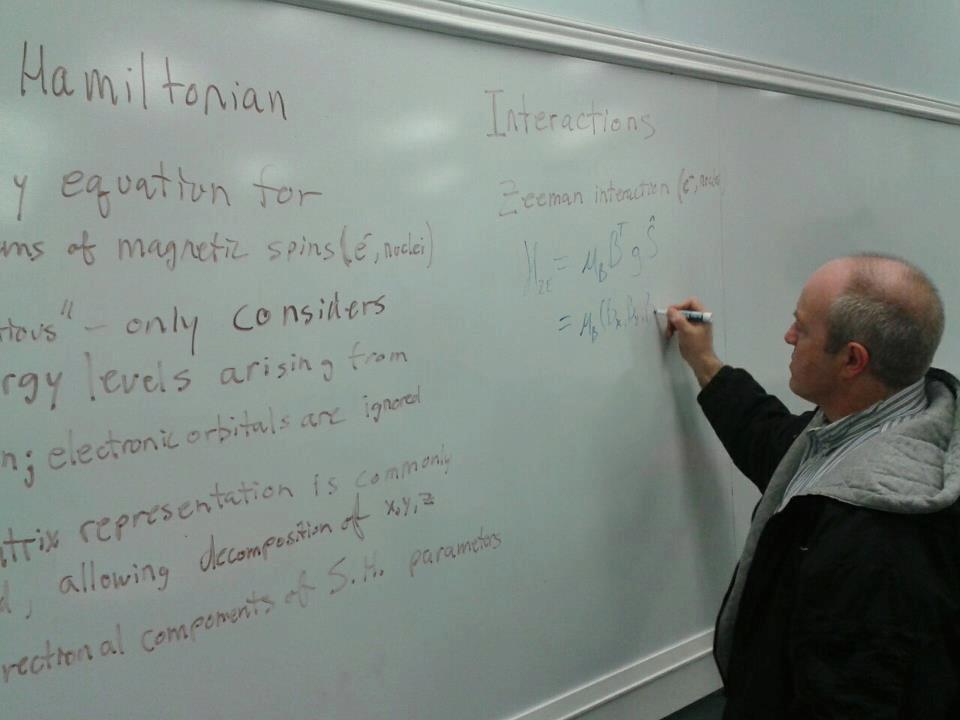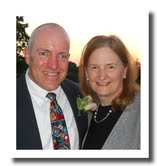Introduction

Thank-you to Dwight Schwartz, Ph.D., for continuing his Candidate for What? series by sharing a glimpse of his undergraduate and graduate school journey. A few questions for you as you dive into Part 2 and 3 (Click here for Part 1):
- How do you relate to Dwight’s journey through college (and possibly graduate school)?
- Are you (or did you) follow the recommendations of academic mentors?
- Have you found your studies giving you a larger perspective on real life?
- How do you share your journey in higher ed with others? In what manner does your faith relate to your vocation? Note: If you have interest in sharing your story with Emerging Scholars, please click here to read a description of writing for the blog and drop me an email. ~ Thomas B. Grosh IV, Associate Director of ESN, editor of ESN’s blog and Facebook Wall.
Part 2
Two years after finishing high school – I was working to save some money for college – I started taking college courses. And I started to get a bit of a handle on issues of career choice, etc., when, as a college freshman at Messiah College, I pursued not only a major in Chemistry but also a minor in Computer Science. I liked what I already knew of computers, i.e., typing on a display computer in the local department store:
10 print “hello”
20 GOTO 10
These computers operated with the BASIC computer language as the “command line shell,” into which one typed commands to get the computer to do things. Computer Science, it would seem, would afford many more opportunities for substantive extrapolation upon the above example of doing work with a computer.
In college I developed a solid sense of how Computer Science opened whole worlds of problems up to quicker and more satisfying solutions. For example, I wrote a program for an Ecology class to help my classmates and me to track trees we were counting in the college’s forests. I was obsessed with writing the program, but many in the class experienced a better handle on their tree population data through the use of the program. So it seemed to me that in developing my computer skills I was positioning myself well for a science career. One unexpected discovery I made along the way, by taking a class in Computer Operating Systems, was that much of life mimicked the challenges that inhered in the work flow problems encountered inside a computer. Actually, both Chemistry and Computer Science fed into a growing sense of understanding the whole world, and not just the overtly technical subjects in life.
During my college education I came to the decision that it was Physics that was my preferred direction in science. I took advanced classes in Biology during college, and still treasure the insights gained in those. But the world of Physics captivated me more as it seemed to rely more on understanding of principles and less on my capacity to memorize catalogues of information. Again, you are getting an account of how I was thinking then; I know the real story is more complex than this description.
Also during my undergraduate studies, it became clear to me that I wanted to pursue a doctorate. I had various reasons for that, and making a “good living” was among them. And during the last half of college, I had some encouragement from some professors about what classes I should be taking as I prepared for graduate school, and how I should approach and enter graduate school.
Perhaps a consequence of my lack of discipline in approaching things like mathematics, I did not take the advice I received to take two very important classes that almost any graduate student in physical science should master: Linear Algebra and Differential Equations. I know; it is shocking to think that I went off to graduate school in chemical physics without these classes solidly under my belt. But that is indeed what I did.
Part 3

Graduate school in Chemical Physics is not a picnic (not that any kind of graduate study is). Starting at an odd time during the school year did not make life any easier. I matriculated at the University of Illinois at Urbana-Champaign in January of 1988, where I immediately plunged into a teaching assistantship in General Chemistry, and into the rest of graduate school without the benefit of the orientations that other students received by starting in the Fall. As a new student, I found that my comprehension of my own discipline was in need of a refresher and found myself taking a full year of undergraduate physical chemistry. Starting late also meant feeling a rush to join a research group after only one semester of graduate school.
I plodded through graduate school feeling academically alone and without some of the help I required to gain an acceptable amount of benefit from my studies. All of this plodding translated – to make a longer story overly short – into my being excused from my first research group after just over four years in graduate school and just about four years in that group.
But good things were happening, too. It was in graduate school that I first had the chance to be a part of an InterVarsity campus fellowship. I embraced this opportunity with vigor, much to the chagrin of some of my academic colleagues, and in fact, served two separate one-year terms on the executive committee of the graduate student Christian fellowship at the University of Illinois at Urbana-Champaign (a.k.a. “Grad IV”).

I think this embrace of Christian ministry on campus arose out of a calculus that many do not understand. And sadly to me, many Christian academics seem not to understand it either (this subject must be the subject of another essay and I will leave off before I get started in on that). Also, in graduate school, and undoubtedly as a result of fully embracing church life and InterVarsity chapter life, I met the woman who would become my wife. At my lowest point in graduate school – when I was leaving my first research group as a near-failure in graduate school – I was also engaged to be married to Maria Kowalsky, the person who is now my best and closest friend and, indeed, my closest sister in the Lord. In an academic culture rife with marital mischief and stress, I was privileged to find a good wife. And this discovery was mainly due to cultivating strong ties with Christians while in graduate school.
Through all this turmoil in graduate school, I developed, and did not give up on the idea of becoming a professor somewhere. I was interested in doing research, and wanted to have a faculty job where research and graduate level education were named components of the faculty portfolio. I had a sense that while I was not the best scientist, I had other skills that were applicable to being a faculty adviser for graduate students.
Click here for Part 4, entitled Candidate For What? —Postdoctoral Puzzle.
Dwight Schwartz is the Mid-Atlantic Area Director for InterVarsity Christian Fellowship’s Graduate and Faculty Ministries. He joined the staff of InterVarsity Christian Fellowship in 2003 after completing doctoral studies in Chemical Physics (UIUC, 1997), and postdoctoral research, teaching, and IT support at Montana State University—Bozeman. He is married to Maria (Kowalsky) Schwartz. Dwight enjoys engaging graduate students and faculty members across the spectrum of academic disciplines in matters of importance to scholarship and the Christian faith. He maintains an active interest in science, electronics, computers, and computer programming. Dwight is a member of the American Chemical Society, the American Physical Society, and the American Scientific Affiliation.

Leave a Reply